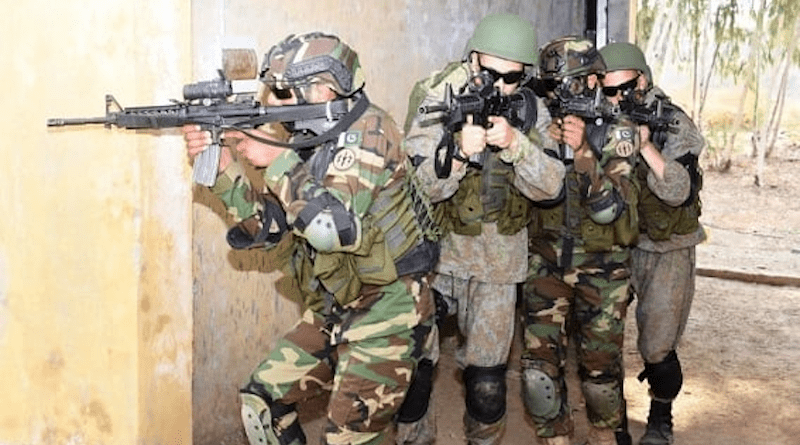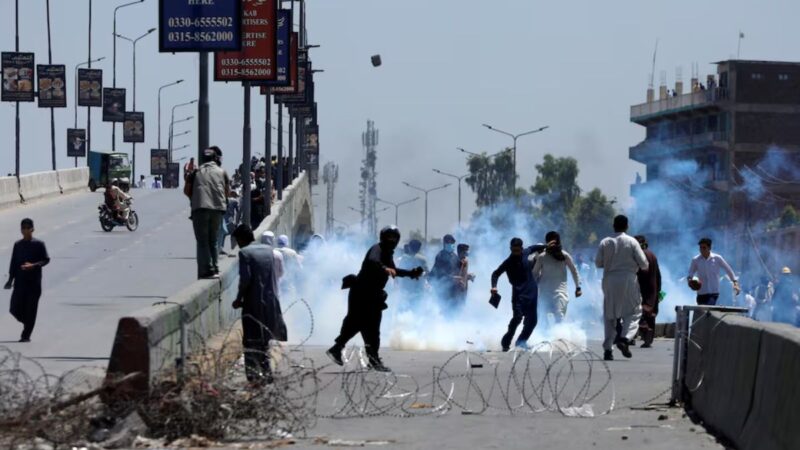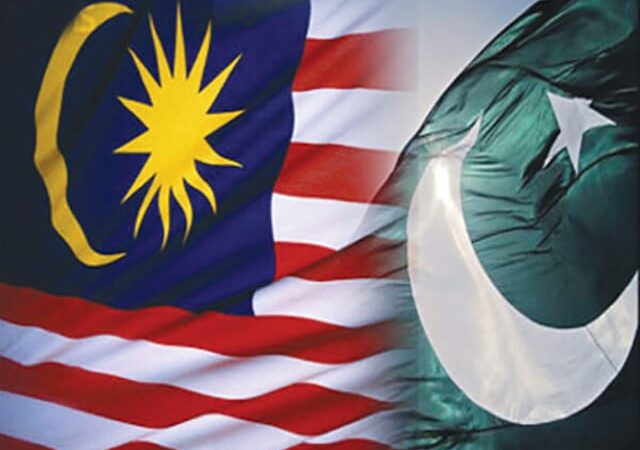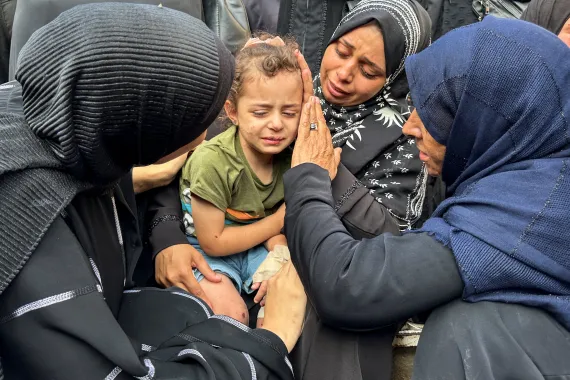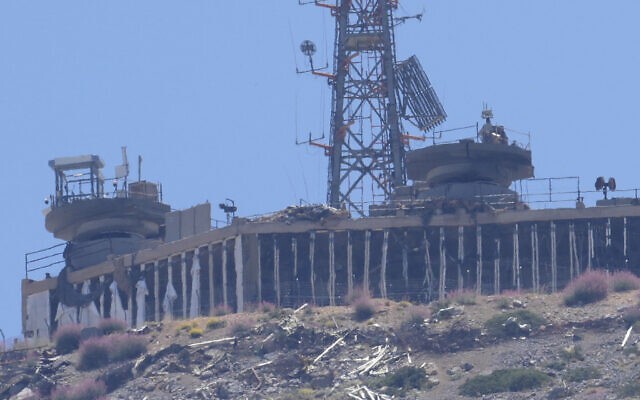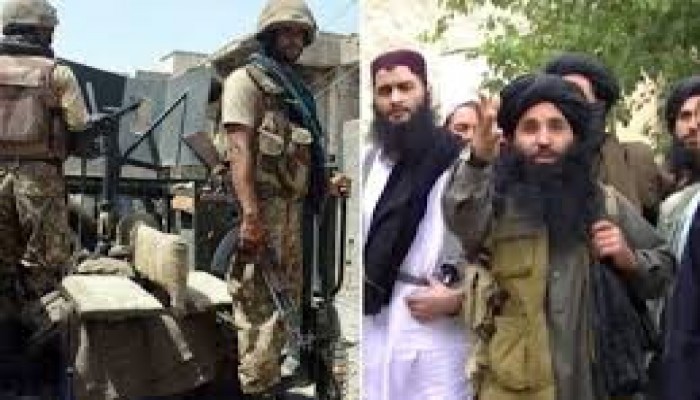Its time secular Muslims stood between Islam and terror
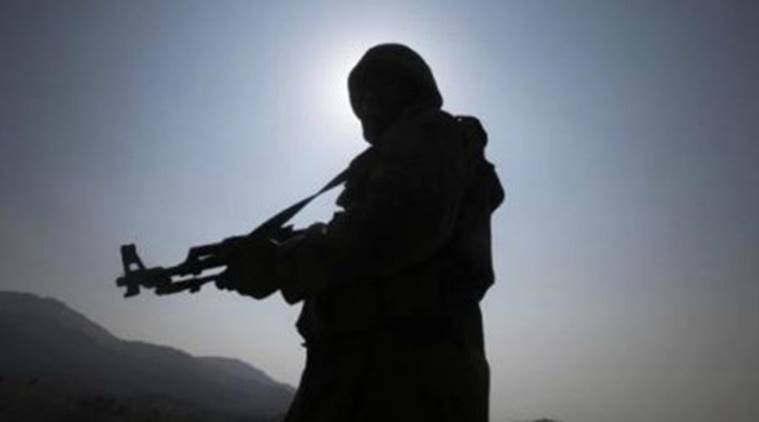
Advertisement
As the world grapples with a fresh round of alleged Islamist terror attacks – this time in France – the Muslim world is once again looked at with suspicion. This has been the bane of this mighty segment of the world population ever since Islamic terrorism, unchallenged by ordinary, secular Muslims, crossed Europe and entered the United States in 2001, even as it spread across the Middle East and Asia.
There have been many provocations — most recently the re-publication of the Prophet Muhammad caricatures by satirical newspaper Charlie Hebdo as a follow-up of their original publication in 2015 — but the victims, apart from those killed by the terrorists, are the Muslims in general.
Notwithstanding the rationale behind Christian countries coming down heavily on Islam and terrorism following the latest spate of attacks in France, it is a reality that the Muslims have to one day come out in the open to stand between Islam, terrorist groups, and orthodox clergy. They are free to argue that such situations exist within other major religions in the world, but that does not help them ward off the world’s suspicion about them.
There is certainly the argument that France President Emmanuel Macron could have measured his outburst following the violence. The outrageous beheading of a teacher, Samuel Paty, on October 16 and a similar attack on a 60-year-old woman and two others in the Notre-Dame cathedral in Nice two weeks later, provoked Macron to say: “Samuel Paty was killed because Islamists want our future and because they know that with quiet heroes like him, they will never have it. They divide the faithful and the unbelievers.”
An overwhelming majority of French felt in an opinion poll that “Islam had declared war on France”.
The French Council of Muslim Faith lost no time in condemning the violence: “The horrible assassination reminds us of the scourges which sadly mark our reality: that of the outbreaks in our country of radicalism, violence and terrorism, which claim to be Islam, making victims of all ages, all conditions and all convictions.”
Iran’s foreign minister, Javad Zarif, said in a tweet: “We strongly condemn today’s terrorist attack in #Nice.” In an apparent reference to the caricatures, he further tweeted: “This escalating vicious cycle — hate speech, provocations & violence — must be replaced by reason & sanity.”
The rest of the Muslim world was up in arms against Macron. Turkey’s President Recep Tayyip Erdogan questioned Macron’s mental health and Pakistan’s Prime Minister Imran Khan tweeted: “This is a time when President Macron could have put a healing touch and denied space to extremists rather than creating further polarisation and marginalisation that inevitably leads to radicalisation.”
Former Malaysian Prime Minister Mahathir Mohamad was more virulent in his tweet: “Muslims have a right to be angry and to kill millions of French people for the massacres of the past.”
On the face of it, the heads of both Turkey and Pakistan hardly have any credibility to speak about religion, given the blatant way they promote Islamic orthodox. Nobody really cares what Mahathir Mohammad says anyway, because he is known for his routine outbursts of the irrational kind.
The Muslims from across Muslim-majority countries in Asia and Africa came out with criticisms and protests. Well-known mixed martial fighter from Dagestan, Khabib Nurmagomedov, flayed Macron and called for “the Almighty to disfigure the face of this creature”. He went on Instagram with a picture of a boot mark on the face of Macron.
Faced with such criticism, Macron eased off a bit. The man who once said that there was a need to “free Islam in France from foreign influences” mellowed down a bit to tell Al-Jazeera a few days ago with reference to the Muslim objections to the Charlie Hebdo cartoons: “I understand the feelings this stirs, I respect them. But I want you to understand my role: my role is to calm things down as I’m doing here, and to protect those rights.”
The incident has overall seen some churning among the ordinary Muslims and those from the educated, urban sections. Naziha Mayoufi, a member of Les Musulmans, an association of Muslim groups and mosques in France, said that “she felt ‘dread and infinite sadness for the families of the victims, for our Catholic friends’”.
She at the same time expressed fear that the attacks will make politicians to freely label Islam as an “enemy from within”. Her final statement is self-explanatory: “As Muslims, we pay the damages of those two forms of extremism.”
She continues to be a small but powerful voice to admit that Muslims were victims of terrorist groups and a section of the anti-west clergy misinterpreting Islamic tenets for their own purposes. The Muslim world needs more such voices for sanity to prevail.
After 9/11, when the world’s anger against Osama Bin Laden and “Islamic terror” was at its peak, well-known Pakistani nuclear physicist, Dr. Pervez Amir Ali Hoodbhoy, was quoted in an article in the American Humanist: “Leaders of the Muslim community in the United States, and even President Bush, have routinely asserted that Islam is a religion of peace that was hijacked by fanatics on September 11. These two assertions are simply untrue.” He went on to say that Islam is neither about peace nor war. “Every religion is about absolute belief in its own superiority and the divine right to impose its version of truth upon others.”
In an article in the Washington Post, Dr Hoodbhoy famously wrote of Islam, touching the core issue: “The religion is as heterogeneous as those who believe and follow it. There is no ‘true Islam’.”
His statement has been analyzed over and over to mean: “Uniformity in Islam is confined to the five pillars: confession of faith, prayer ritual, religious fasting, giving alms to the poor and performing the Haj pilgrimage. Terrorist groups and obscurantist schools have sought to introduce and wrongly interpreted version of ‘jihad’ as the sixth pillar. There is no clarity on the meaning of the word with each section of Muslims having its own interpretation. Several scholars have agreed that the history of Islam is replete with “accounts of divergences in the theory and practice of the religion”.
There is no dearth of literature that analyses the periodic changes in the interpretation of the Quran and the Hadith ever since the formative period of Islamic thought. A western scholar, W. Montgomery Watt, authored a book in which he says as the Islamists transited from oral tradition to a written form of God’s words, the then territory where Islam took birth was experiencing tumultuous times of war, expansion and control, different school of Islamic law came up in different areas with their own, separate interpretations. And as the religion spread to other continents, it took diverse forms and nuances according to local customs and necessities.
With such a multifarious past, only the element of practical humanism can give Islam the authority to stamp out those who misinterpret or misuse it for their own purposes, be it terrorists or super orthodox clergy.
Watt counsels in his book and it is relevant today: “What should thoughtful people infer from this whole narrative?…Muslims need a secular and democratic state that respects religious freedom and human dignity and is founded on the principle that power belongs to the state…We have but one choice: the path of secular humanism, based upon the principles of logic and reason.”
Albert Hourani, a British historian of Lebanese descent, in his Arabic Thought in the Liberal Age, 1798-1939, wrote: “Modern Muslim terrorist groups are more rooted in national liberation ideologies of the 19th and 20th centuries than they are in the Islamic tradition. Although these terrorist groups adopt various theological justifications for their behavior, their ideologies, symbolism, language and organizational structure reflect the influence of the anti-colonial struggle of the developing world. For instance, the groups often use expressions… imported from national liberation struggles against colonialism [which] did not emerge from the Islamic heritage. In short, modern Muslim terrorism is part of the historical legacy of colonialism and not the legacy of Islamic law. According to the Islamic juristic tradition, terrorists would have no quarter.”
American Humanist in a 2002 edition quoted author Salman Rushdie: “If Islam is to be reconciled with modernity, these [critical Muslim] voices must be encouraged until they swell into a roar. Many of them speak of another Islam, their personal, private faith…The restoration of religion to the sphere of the personal, its depoliticization, is the nettle that all Muslim societies must grasp in order to become modern….If terrorism is to be defeated, the world of Islam must take on board the secularist-humanist principles on which the modern is based and without which Muslim countries’ freedom will remain a distant dream.”
Advertisement

